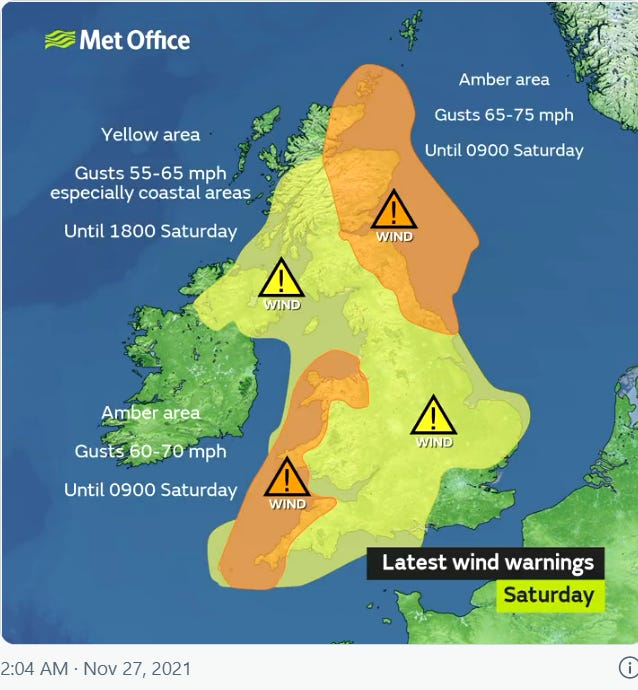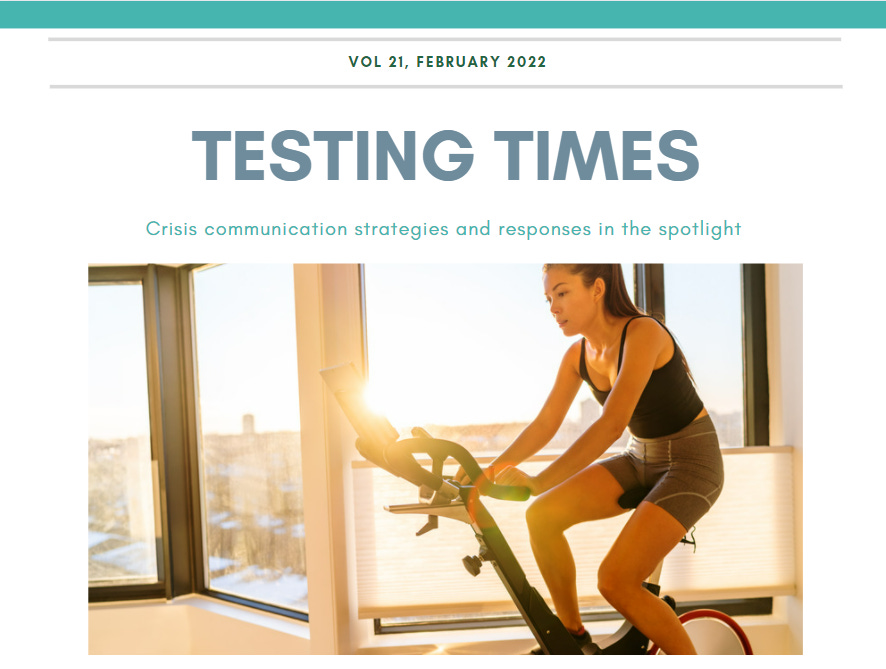When is a crisis not a crisis?
It is an interesting question to ask. One of the first things that must be done for there to be an effective crisis response is to recognise you have a crisis in front of you. If you don’t take this fundamental step then the crisis will grow and develop as you are looking the other way.
This appears to be the way the Government are approaching the cost of living crisis. There are many stories about how people are struggling, and are concerned about the coming months with a rise in fuel costs, food prices and the increase in National Insurance. But listening to the politicians it appears there are no problems and things are in fact improving.
A crisis cannot be dismissed by one organisation or individual. It will only ‘go away’ when it is being carefully managed. It is only when action is being taken to deal with it that there is a chance of things improving. There is now a widely recognised climate crisis with most recognising that it is happening now.
These long term and less tangible crises can easily be dismissed or ignored. To start with there is no physical emergency that can be seen. There is no damaged building or people being taken to hospitals. The effects of these crises are more difficult to spot. When people are suffering malnutrition or hypothermia who is going to link it back to the cost of living crisis?
Organisations need to remember the three steps 1) recognise that a crisis is taking place 2) acknowledge that it is taking place 3) take action to deal with it. I will be watching closely to see if in the coming weeks anyone sees the crisis that is unfolding.
If you have any thoughts on long term or hidden crises get in touch with me at amanda@amandacolemancomms.co.uk
Crisis communication in 2022 and beyond
Amanda is running a new course looking at the new reality of crisis communication. The two day course in March is working with P-World as part of their range of courses and conferences. The sessions will be taking the principles of effective crisis communication and looking at how they need to develop to meet the demands in 2022 and beyond.
Everyone needs to be ready to deal with issues, incidents and crises in an increasingly uncertain world. The sessions will cover risk management, building risk and crisis response into the daily business, dealing with disinformation and having the right structures in place.
Find out more about the sessions here.
Stormy weather
Ahead of Christmas 2021, the northern parts of the UK were battered by high winds as Storm Arwen swept through. In recent weeks further storms have once again hit the country. It is clear we are all going to be increasingly affected by environmental crises. The storms bring unique communication challenges as they leave people without power and access to technology often for prolonged periods of time.
The Scottish Government recently published a review into Storm Arwen that made a recommendation around effective communication. Organisations need to have ways that they can reach customers and clients when there is no media and social media. It is something the Emergency Planning Society Communication Professional Working Group will be considering this year.
To read the full Storm Arwen review report it is available on the Scottish Government website here.
In Brief:
The UK Office for National Statistics has published a report on the impact of Covid-19 on businesses up to mid January. It highlights the challenges that businesses are facing at the start of 2022. Read more here.
A Psychology Today article considers how trust can be built in health care institutions. Read it here.
Germany’s Council of Experts has said the Government’s Covid-19 messaging risked alienating and confusing the public. Find out more about their findings here.
There was an interesting opinion piece in USA Today blaming poor communication for the reasons Americans are confused about Covid-19. It states that trust with public health experts can be rebuilt but it requires effective and strong communication. Read more here.
The NATO Strategic Communication Centre of Excellence has raised an alert to Russia increasing disinformation campaigns in the Ukraine crisis. Read more about the alert here.
The latest of the monthly crisis communication case studies has been published. Testing Times for February 2022 looks at the challenge of financial pressure on effective crisis communication. To receive a copy contact Amanda at amanda@amandacolemancomms.co.uk
Diary Dates:
If you want to learn more about how to Manage an In-house PR and Comms Team, Amanda is running a day training on the subject for the PRCA. The session is on 9 February. Find out more here.
On 11 February, Amanda will be chairing a session looking at Taking Control of Email Security with human layer security protection for SASIG. Find out more here.
The popular Crisis Management training webinar that Amanda runs for the PRCA will be next available on 2 March at 10.30am. Find out more about the 90 minute session here.



